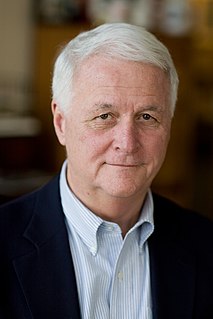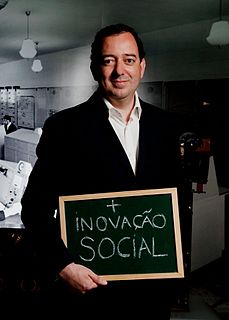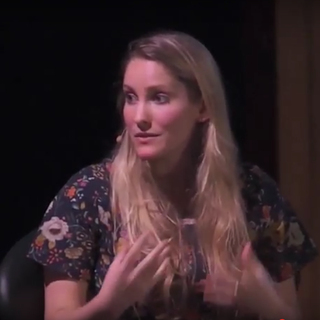A Quote by Henry Giroux
At the start of the second decade of the 21st century, young people all over the world are demonstrating against a variety of issues ranging from economic injustice and massive inequality to drastic cuts in education and public services. These demonstrations have and currently are being met with state-sanctioned violence and an almost pathological refusal to hear their demands.
Quote Topics
Against
Almost
Being
Being Me
Century
Currently
Cuts
Decade
Demands
Demonstrating
Demonstrations
Drastic
Economic
Economic Injustice
Education
Hear
Inequality
Injustice
Issues
Massive
Met
Over
Pathological
People
Public
Public Service
Refusal
Second
Services
Start
State
Variety
Violence
World
Young
Young People
Related Quotes
Public education is the key civil rights issue of the 21st century. Our nation's knowledge-based economy demands that we provide young people from all backgrounds and circumstances with the education and skills necessary to become knowledge workers. If we don't, we run the risk of creating an even larger gap between the middle class and the poor. This gap threatens our democracy, our society and the economic future of America.
In the eighties and nineties, the innovation agenda was exclusively focused on enterprises. There was a time in which economic and social issues were seen as separate. Economy was producing wealth, society was spending. In the 21st century economy, this is not true anymore. Sectors like health, social services and education have a tendency to grow, in GDP percentage as well as in creating employment, whereas other industries are decreasing. In the long term, an innovation in social services or education will be as important as an innovation in the pharmaceutical or aerospatial industry.
The challenges that young people are mobilizing against oppressive societies all over the globe are being met with a state-sponsored violence that is about more than police brutality. This is especially clear in the United States, given its transformation from a social state to a warfare state, from a state that once embraced a semblance of the social contract to one that no longer has a language for justice, community and solidarity - a state in which the bonds of fear and commodification have replaced the bonds of civic responsibility and democratic vision.
Against the tyranny of forgetting, educators, young people, social activists, public intellectuals, workers and others can work to make visible and oppose the long legacy and current reality of state violence and the rise of the punishing state. Such a struggle suggests not only reclaiming, for instance, education as a public good but also reforming the criminal justice system and removing the police from schools.
The great challenge of the 21st century is to provide good standards of living for 7 billion people without depleting the earth's resources or running up massive levels of public debt. To achieve this, government and business alike will need to find new models of growth that are in both environmental and economic balance.
I think, at some level, we see young people all over the country mobilizing around different issues, in which they're doing something that I haven't seen for a long time. And that is, they're linking issues together. You can't talk about police violence without talking about the militarization of society in general. You can't talk about the assault on public education unless you talk about the way in which capitalism defunds all public goods. You can't talk about the prison system without talking about widespread racism. You can't do that. They're making those connections.
We can't afford to waste people. We can't afford to have people think the game is over before it's begun. We've got to be saying to the Canadian people: you can't tax cut your way to a productive 21st-century economy. You can talk that talk, but it's not going to give you a productive 21st-century economy, because it will scythe apart the public goods that make prosperity possible. That's what we've got to say, and so we shall.
































